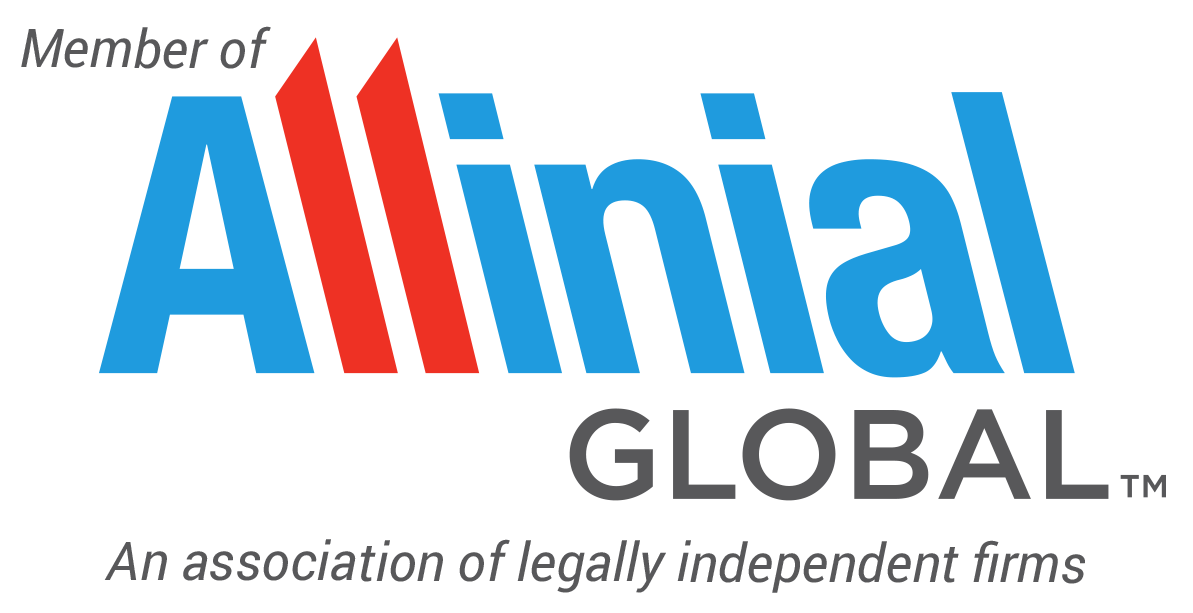By now, you have either heard of or personally experienced mass changes to the standard work model brought about by Covid-19. To stay afloat and succeed, most businesses made dramatic adjustments to how they managed their business. Congratulations if you were one of them! Many of those changes involved more flexibility for their employee. This has led to an increased demand for a hybrid and remote workplace. Are you ready to take on this challenge?

Let’s Start with the Basics:
When was the last time you reviewed your employee classifications? Who is on your team?
Non-Exempt, Exempt Employees, or even Independent Contractors? Double check that you have everyone classified correctly. The Fair Labor Standards Act (“FLSA”) regulates whether we are financially interacting with our employees appropriately. Any person that performs work for your business has established guidelines that need to be followed by an employer on their behalf. It is essential to be especially careful with non-exempt employees as FLSA regulations most clearly impact them.
Do you have questions about the classification of employees vs. independent contractors? If you have any doubts, complete the IRS Form SS-8, and the IRS will determine for you.
Time to Dig Deeper:
What Makes an Employee Remote?
- They must be an actual employee (Exempt or Non-Exempt).
- They must conduct their work from a location other than an office operated by the employer. Usually, it is in the employees’ home.
- Leans towards working 100% outside of the office.
What Makes an Employee Hybrid?
- They split their time between the office workspace and a separate personal workspace outside of the office.
- Generally, there is a written agreement outlining the work split/schedule.
Now that you have established remote or hybrid employees, what do you need to do to stay compliant? Ask yourself these questions:
Where do I do Business – What State and What City?
- In addition toFederal and State authorities, there are also city and local agencies that govern your financial interactions with your employees.
Did you know that until March 31, 2021, Dallas had a specialized Paid Sick Leave Ordinance for employees who worked within the geographic boundaries of the city?
Where Does the Employee Reside – In a Different City or State?
- The same principle of looking beyond the State regulations into the city and local regulations applies to whichever state your remote (or hybrid) employee lives in. When your employee moves out of state and continues to work for you, you have created nexus in that state.
Buzz Word: Nexus is sufficient physical presence. It is a legal term that indicates a requirement for businesses to pay tax in a state.
Things to consider when you have a remote employee:
- Set up your business in the state
- Register with required State, City, and Local Governing Agencies
- Complete any necessary forms and documents by employer and employees, when required
- Complete mandatory new hire reporting
- To designate one state to report new hires visit https://ocsp.acf.hhs.gov/esp/home/employer
Look out for:
- Payroll period minimums that require adjustments to your pay cycle and pay frequency.
Did you know that under the Military Spouses Residency Relief Act, if your employee is in a state for the sole purpose of residing with their stationed spouse, they may be exempt from that state’s income taxes?
Did The Employee Move?
Ignorantia legis neminem excusat, or as Thomas Jefferson said, “Ignorance of the law is no excuse in any country.” If your employee moves and you are unaware, you may still be liable for any consequences related to non-compliance. Therefore, it is wise to include in any employment contract that the employee must notify you if they move or before making a move, even if it is just to the next town over.
Does the Employee Travel?
Do your remote (or hybrid) employees come into the office occasionally or travel to a client worksite? If so, that is likely considered compensable travel.
Buzz Word: Compensable travel, regulated by the FLSA, is considered travel between worksites during a workday. The workday begins when the employee starts their principal activity, ends when they finish, and can be longer than the scheduled time.
Don’t Forget:
- Do your research – Making assumptions is dangerous because every state is different.
- Establish Resources – Find a solid and reliable source for information.
- Count the Cost – Does it make sense to have remote or hybrid employees?
- Have access to labor law attorneys – Verify and Confirm.
- Sign agreement – Put it in writing, so everyone has clear expectations.
Get started with some of these specific related issues:
| Checklist Items: | Easier to Miss Items: |
| □ Employment Taxes | □ Data Security & Privacy Rules |
| □ Garnishments | □ Final Pay |
| □ Leave Laws | □ Exempt Salary Threshold |
| □ Minimum Wage/OT Rules | □ Jury Duty |
| □ Non-Compete Rules | □ State Disabilities |
| □ Sick Pay | □ Training Requirements |
| □ Vacation Pay | □ Worker Compensation |
If you have questions regarding navigating the hybrid and remote workplace, contact your ATKG advisor, and we would be happy to assist you.
Elizabeth McClatchey joins our firm with seven years of experience in construction, farm & ranch oil, gas & energy. Along with her variety of experience, she holds certifications in Accounting and Office Administration. A natural Developer, Liz is passionate about teaching people anything she can and is always happy to lend a hand. Her can-do attitude makes her a welcome addition to ATKG.
